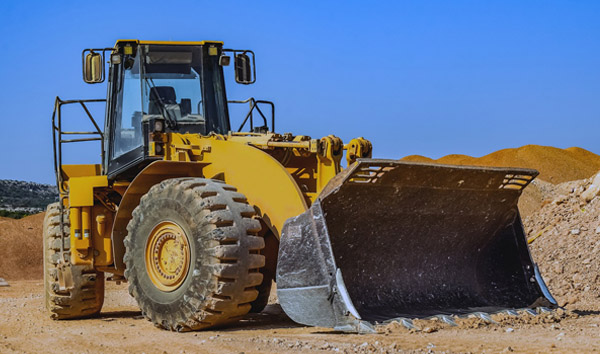Silent Power: Innovations in Low-Noise Rough Terrain Forklift Design
2025-08-03 03:55:29
The Rough Terrain Forklift is a critical asset in construction, agriculture, and mining, where uneven surfaces and heavy loads demand robust machinery. However, traditional models often generate excessive noise, leading to operator fatigue and environmental disturbances. Recent advancements in low-noise design are transforming these machines into quieter, more efficient solutions.
One of the primary sources of noise in rough terrain forklifts is the engine and hydraulic systems. Manufacturers are now integrating advanced mufflers and vibration-damping materials to minimize sound emissions. For example, John Deere’s latest rough terrain forklift model reduces noise levels by 15% through optimized exhaust flow and insulated engine compartments. These improvements not only enhance operator comfort but also comply with OSHA noise exposure limits.
Another breakthrough in low-noise design involves the use of electric and hybrid powertrains. While traditionally associated with indoor forklifts, electric rough terrain forklifts are emerging as viable alternatives. Companies like Toyota and Hyster have introduced prototypes that combine lithium-ion batteries with noise-reducing gear systems, achieving a 20 dB reduction compared to diesel counterparts. This shift aligns with global trends toward sustainable and quieter industrial equipment.
Tire technology also plays a crucial role in noise reduction for rough terrain forklifts. Polyurethane-filled tires and specialized tread patterns minimize vibrations and rolling noise, particularly on rocky or uneven surfaces. A 2023 industry report highlighted that Michelin’s new X-TERRAIN tires reduced operational noise by 12% in field tests, making them a preferred choice for low-noise applications.
Looking ahead, the adoption of AI-driven predictive maintenance can further enhance low-noise performance in rough terrain forklifts. By monitoring component wear in real-time, operators can address potential noise sources before they escalate. This proactive approach, combined with material science innovations, ensures that the next generation of rough terrain forklifts will be both powerful and whisper-quiet.
In conclusion, the evolution of low-noise rough terrain forklifts reflects a broader industry shift toward sustainability and operator well-being. Through engine optimizations, electrification, and smart tire designs, manufacturers are setting new benchmarks for performance and noise control. As regulations tighten, these innovations will become standard, reshaping the future of heavy-duty material handling.













